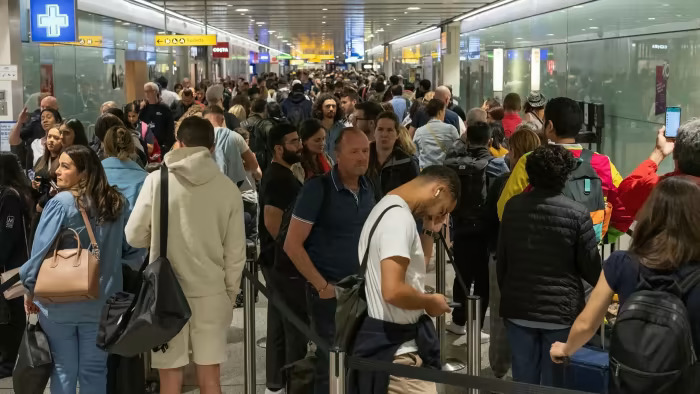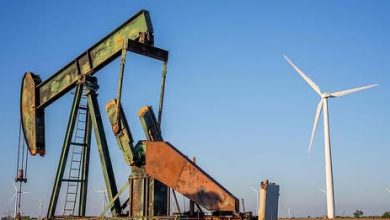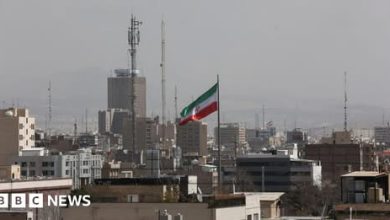AIRLINES HAVE MADE PROMISES THEY ARE UNABLE TO DELIVER

Financial Times - June, 6 2022
We regret to inform passengers of flight delays. For the next 18 months. That is the forecast, from the boss of London’s Heathrow airport, John Holland-Kaye, of how long it will take to recalibrate supply and demand for air travel. The unacceptable and avoidable chaos at British airports last week, which resulted in thousands being forced to abandon holiday plans, therefore has a real chance of repeating itself this summer. Both industry and the government share responsibility to ensure that it does not.
The prospect of many people’s first foreign holiday since the start of the pandemic has meant demand for air travel has taken off far quicker than the industry’s ability to meet it reliably, at a time when airlines are already facing soaring fuel costs and are under pressure to transition to cleaner flights. At the height of the pandemic, airlines, airports and ancillary-service providers all had to reduce costs drastically, which meant swingeing job cuts and sometimes regrettably cynical sharp practice. Over 25,000 people lost their jobs in UK air travel, despite a government furlough scheme intended to help smooth out firing and rehiring. British Airways alone cut 10,000 jobs and threatened to force staff who remained on to cheaper contracts.
Those cuts are now proven to be too deep. Now that passengers want to travel again, workers — and their unions — have the upper hand in a tight labour market. Hiring staff takes longer than in other sectors because of training and rigorous security checks. Shortages are particularly acute among ground crew. A baggage handler’s annual starting salary is £15,000 for a 45-hour week: pay that could easily be matched by jobs at supermarkets or delivery companies with more sociable hours and no lengthy background checks. Better pay may help; a cost that will inevitably be passed on to passengers. But if that results in a more reliable service, it may be a price worth paying.





